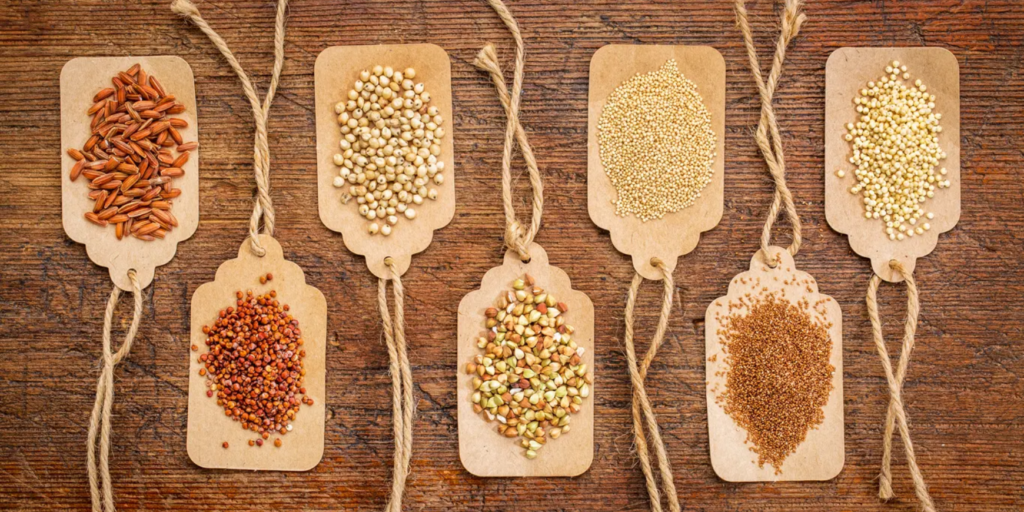2023 had been designated as the International Year of Millets. However, if that has happened since then, I can speculate on some potential reasons why such a designation might have been made:
Nutritional Value:
Millets are a group of small-seeded grasses that are highly nutritious and rich in vitamins, minerals, and dietary fiber. They are gluten-free and have a low glycemic index, making them suitable for individuals with various dietary restrictions and health conditions. Recognizing millets in an International Year could highlight their nutritional benefits and contribute to addressing global health challenges related to diet and nutrition.
Biodiversity and Resilience:
Millets are known for their resilience in diverse environmental conditions, requiring less water compared to many other major cereal crops. Promoting millets could enhance agricultural biodiversity and offer a sustainable solution to regions facing water scarcity and climate change impacts. The International Year could provide a platform to discuss and share practices that promote agro-biodiversity and agricultural resilience.
Food Security:
In many parts of the world, millets have been staple crops for centuries due to their adaptability to local growing conditions and relatively low resource requirements. Recognizing millets on an international scale could underscore their potential in contributing to global food security, especially in regions prone to food shortages and challenges.
Cultural Heritage:
Millets have deep cultural significance in various communities and cuisines around the world. Designating a year to focus on millets could help preserve and promote cultural heritage related to farming practices, traditional knowledge, and culinary traditions.
Sustainable Farming and Agriculture:
Millets can be grown using sustainable farming methods, such as conservation agriculture and organic farming. The International Year of Millets might emphasize the importance of sustainable agricultural practices for the well-being of both the environment and local communities.
Economic Opportunities:
Millets can offer economic opportunities for small-scale farmers, as they often require less input costs and can be grown on marginal lands. The designation could encourage discussions about income generation and poverty reduction through millet cultivation.

